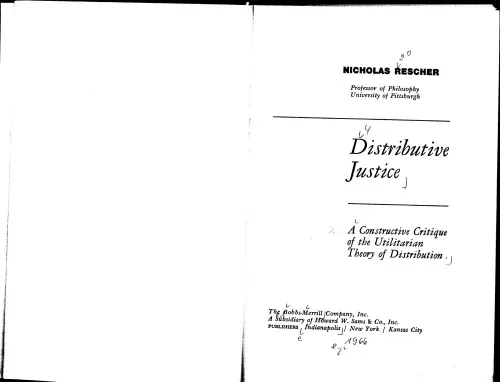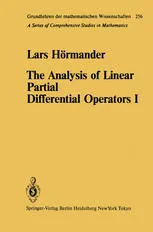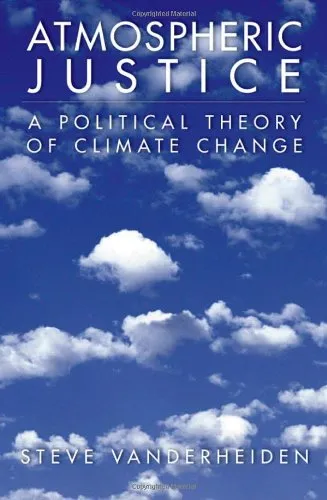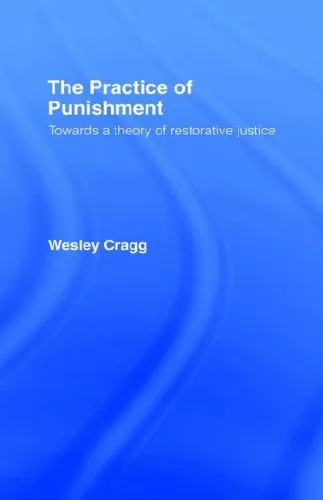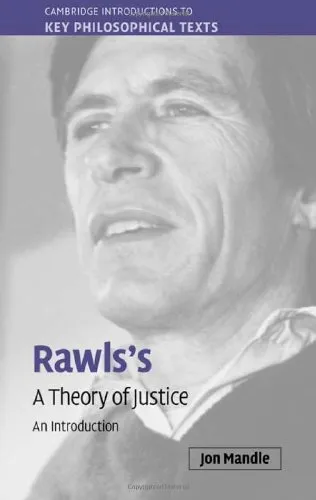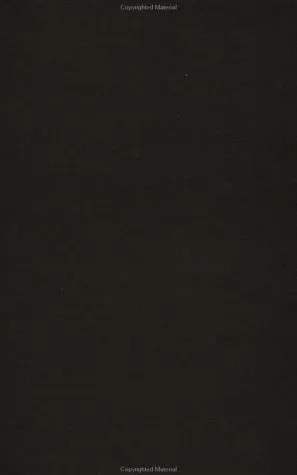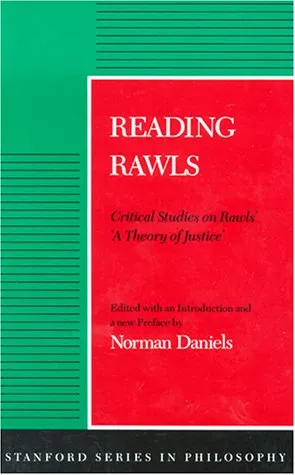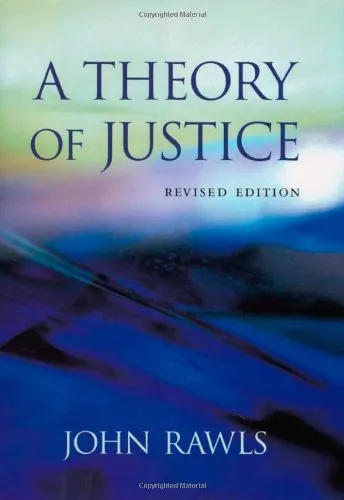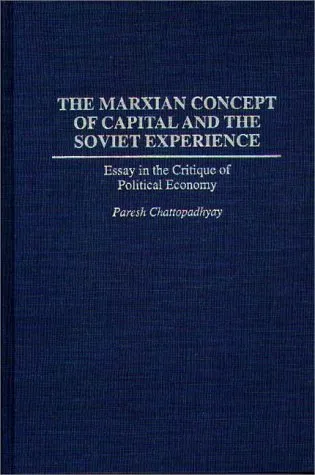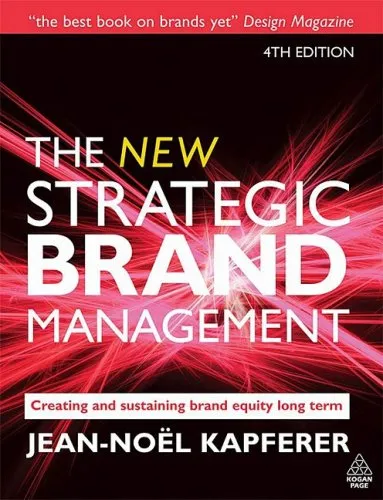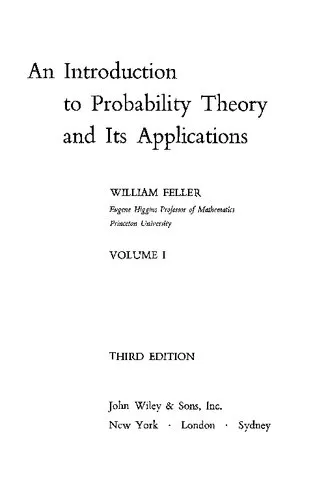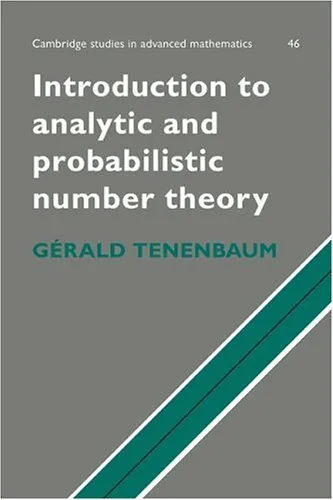Distributive justice: A constructive critique of the utilitarian theory of distribution
3.7
بر اساس نظر کاربران

شما میتونید سوالاتتون در باره کتاب رو از هوش مصنوعیش بعد از ورود بپرسید
هر دانلود یا پرسش از هوش مصنوعی 2 امتیاز لازم دارد، برای بدست آوردن امتیاز رایگان، به صفحه ی راهنمای امتیازات سر بزنید و یک سری کار ارزشمند انجام بدینکتاب های مرتبط:
معرفی کتاب
کتاب 'Distributive Justice: A Constructive Critique of the Utilitarian Theory of Distribution' اثری است که توسط نیکولاس رشر نوشته شده است. این کتاب به بررسی انتقادی و سازنده از نظریه توزیع utilitarian میپردازد.
خلاصهای جامع از کتاب
در این کتاب، نیکولاس رشر به بررسی و نقد مبانی نظریه distribنظریه توزیع utilitarian میپردازد. نظریه utilitarian بر اساس ایجاد بیشترین شادی برای بیشترین تعداد افراد استوار است. رشر معتقد است که این رویکرد نمیتواند به طور کامل عدالت توزیعی را تضمین کند، چرا که ممکن است به سود بعضی گروهها یا افراد خاص منجر شود و نیازهای اساسی دیگران را نادیده بگیرد. او به تحلیل عناصر اصلی این نظریه میپردازد و جایگزینهایی را پیشنهاد میکند که میتوانند تعادل و عدالت بیشتری را برقرار کنند.
نکات کلیدی
- نقد نظریه utilitarian و محدودیتهای آن.
- پیشنهاد دیدگاههای جایگزین که میتوانند عدالت را به شکلی متعادلتر توزیع کنند.
- تأکید بر لزوم در نظر گرفتن نیازهای بنیادی تمامی اعضای جامعه در توزیع منابع.
جملات معروف از کتاب
"عدالت واقعی در توزیع منابع، زمانی حاصل میشود که نیازهای اساسی تمامی اعضای جامعه بدون تبعیض برآورده شود."
"توزیع عادلانه تنها به معنای ارائه منابع نیست، بلکه به معنای شناختن و احترام گذاشتن به حقوق و نیازهای اساسی هر فرد است."
چرا این کتاب مهم است؟
کتاب 'Distributive Justice: A Constructive Critique of the Utilitarian Theory of Distribution' به دلیل تحلیل دقیق و انتقادی که از نظریه utilitarian در توزیع ارائه میدهد، بسیار مهم است. این کتاب نه تنها محدودیتهای نظریههای موجود را بیان میکند بلکه راهحلهایی را پیشنهاد میکند که میتوانند به شیوههای عادلانهتری در توزیع منابع منجر شوند. این امر به ایجاد جامعهای توجه دارد که در آن ارزشهای انسانی و نیازهای اساسی هر فرد در کانون توجه قرار گیرند. این کتاب مرجعی ارزشمند برای دانشجویان فلسفه، اقتصاد و علوم اجتماعی است و به روشنگری در خصوص مفاهیم عدالت توزیعی کمک شایانی میکند.
In the realm of philosophical discourse, issues surrounding distributive justice often evoke intense debate and challenging interpretations. "Distributive Justice: A Constructive Critique of the Utilitarian Theory of Distribution" offers a meticulous examination of utilitarianism's approach to the complex problem of justice in resource distribution. In this book, I seek to provide not only a critique of utilitarianism but also to explore alternative methods that may offer more robust solutions to these enduring ethical dilemmas.
Summary of the Book
The book begins by delving into the fundamental tenets of utilitarianism, a theory that emphasizes maximizing overall happiness and utility in societal structures. While utilitarianism has long been a cornerstone in theories of justice, this book argues that its utility-based approach may fall short when faced with real-world complexities and the intricacies of human needs. Throughout the chapters, I present a constructive criticism of utilitarian theories, highlighting both their conceptual and practical limitations.
My critique primarily focuses on how utilitarian theories often neglect individual rights, potentially sacrificing them for the greater good. This revelation poses a significant ethical quandary: can true justice be achieved without safeguarding individual liberties and identities? By scrutinizing the limitations of utilitarianism, I aspire to shed light on potential alternatives that offer fairer and more equitable solutions to distribution.
The book proceeds to discuss non-utilitarian frameworks that prioritize fairness, equality, and respect for individual rights. I introduce the reader to the concept of "justice as fairness" and other approaches that emphasize the moral significance of each person. Through comparative analysis, I aim to present a more balanced understanding of how justice can be construed and implemented in a manner that respects both individual and collective needs.
Key Takeaways
- Utilitarianism, while influential, presents significant challenges when applied to distribution due to its focus on utility optimization over individual rights.
- A critique of utilitarianism opens avenues for exploring alternative theories of distribution that prioritize fairness and equality.
- Ethical distribution requires balancing individual rights with the welfare of the collective, posing a philosophical challenge crucial to understanding and achieving justice.
- A new paradigm of distributive justice may better address the complex necessities of varied human experiences and cultural contexts.
Famous Quotes from the Book
"True justice in distribution demands that we move beyond mere numerical calculations of utility to embrace the intricate, moral landscapes that define human existence."
"A fair distribution system does not solely focus on what benefits the majority but rather incorporates the sanctity of individual dignity and rights into its framework."
"To envision a just society, we must be willing to critique established paradigms and seek innovative approaches that respect the plurality of human life."
Why This Book Matters
This book offers a vital contribution to the ongoing dialogue about distributive justice, especially in contemporary contexts where economic and social disparities are glaringly evident. It invites readers to critically assess the prevailing utilitarian frameworks and consider alternative models that may better encapsulate the principles of justice. In an era where global inequities continue to challenge social cohesion, a fresh perspective on justice and distribution is not only timely but imperative. The insights provided in this book aim not only to question but also to inspire new paths towards a more just and equitable world.
دانلود رایگان مستقیم
شما میتونید سوالاتتون در باره کتاب رو از هوش مصنوعیش بعد از ورود بپرسید
دسترسی به کتابها از طریق پلتفرمهای قانونی و کتابخانههای عمومی نه تنها از حقوق نویسندگان و ناشران حمایت میکند، بلکه به پایداری فرهنگ کتابخوانی نیز کمک میرساند. پیش از دانلود، لحظهای به بررسی این گزینهها فکر کنید.
این کتاب رو در پلتفرم های دیگه ببینید
WorldCat به شما کمک میکنه تا کتاب ها رو در کتابخانه های سراسر دنیا پیدا کنید
امتیازها، نظرات تخصصی و صحبت ها درباره کتاب را در Goodreads ببینید
کتابهای کمیاب یا دست دوم را در AbeBooks پیدا کنید و بخرید
1414
بازدید3.7
امتیاز0
نظر98%
رضایتنظرات:
3.7
بر اساس 0 نظر کاربران
Questions & Answers
Ask questions about this book or help others by answering
No questions yet. Be the first to ask!
